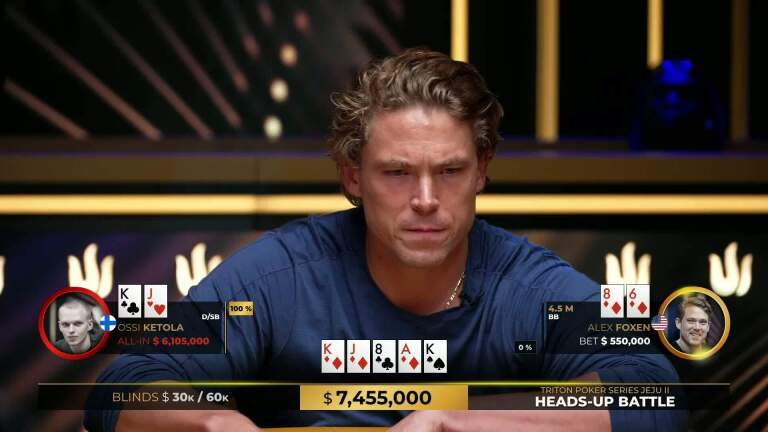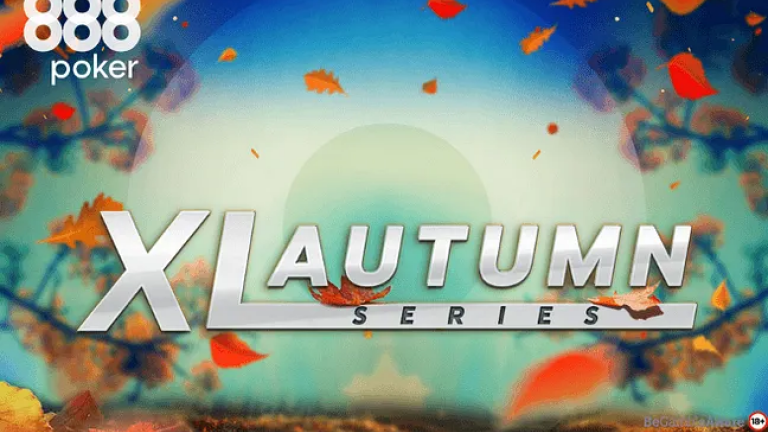Pay-jump tanking: Ike Haxton’s six‑minute “deep tank”
One of the most discussed moments of the Main Event involved Isaac Haxton. Playing with a single 5,000 chip left at blinds of 100,000/200,000, he three-bet to 1.4 million and kept just that lone chip behind. After an opponent moved all-in, Haxton began “tanking”—contemplating his decision—for more than six minutes, hoping another player would bust so he could ladder up one pay jump. Tournament rules say any competitor may call the clock, but the floor has the final say. Eventually, a tablemate called time; Haxton immediately shoved, but his pocket threes lost to ace-king. Commentators and some pros labelled the manoeuvre “angle shooting”—a tactic that, while technically legal, is seen by many as violating the spirit of fair play.
Millionaire Maker: chip dumping and a withheld bracelet
A bigger scandal erupted during Event #53, the $1,500 “Millionaire Maker.” Jesse Yaginuma and James Carroll were playing heads-up for a seven-figure payday; Yaginuma started with a 9:1 chip deficit and mounted an impressive comeback. Observers, however, felt Carroll was folding too easily to re-raises, effectively enabling Yaginuma to secure an additional bonus. In several hands, Yaginuma limped or made small raises, then four-bet all-in to a three-bet; Carroll folded quickly. Social media exploded, with accusations of collusion and comments calling the match a total embarrassment. After an investigation, officials announced no bracelet would be awarded and the prize money would be split. Some applauded the decision; others argued the evidence was circumstantial, noting that chip counts shift rapidly in heads-up play and passive lines are sometimes strategic.
Penalty for watching a Doug Polk video: GTO chart or misunderstanding?
A new rule for 2025 bans GTO charts and any form of real-time assistance during late stages of streamed events. Chih Fan found himself penalized under this rule. While an opponent tanked, he opened a Doug Polk YouTube video; tournament staff thought they saw a GTO chart on his screen and issued a one-round penalty. In a subsequent statement, Fan insisted he was merely watching a video for entertainment and had no intention of using prohibited tools. Opinions diverged: some argued strict enforcement of device bans is essential, others felt penalizing a player for watching content is overreach. Still, the rule clearly states that no electronic aids may be used near the final table.
WPT patch and branding controversy
Before the Main Event final table began, Adam Hendrix was told to remove a patch from a rival poker tour. Organizers do have sponsorship guidelines, yet many felt the decision was arbitrary, especially since other finalists openly wore logos of competing online poker sites. Critics described the last-minute enforcement as heavy-handed. Supporters argued that the organizers were simply protecting their own brand interests, while detractors saw it as an unfair restriction on player expression.
Will Kassouf’s ban: shot clock, trash talk and an angry exit
British pro Will Kassouf is notorious for his “speech play.” This year, his antics led to multiple penalties and ultimately expulsion. Repeatedly taking excessive time and constantly needling opponents prompted numerous clock calls and earned him a one-orbit penalty, then a 10‑second personal shot clock. A later confrontation with staff escalated; he was escorted off the property. Tournament rules allow officials to remove disruptive players. Some fans believe Kassouf adds entertainment and pressure to the game, while others feel his behaviour crosses the line into harassment and stalling, making the ban justified.
Final table stream outage
During the final table, the subscription live stream crashed for about twenty minutes due to a distributed denial‑of‑service attack. Viewers complained that a premium service failing at a critical moment was unacceptable. Though the stream resumed quickly, many fans turned to alternative channels during the blackout. The incident highlighted vulnerabilities in live‑streaming infrastructure and underscored the need for robust protections.
Reasonable tactics or unethical moves?
These incidents all come back to the question of where strategy ends and exploitation begins. Haxton’s tanking was within the rules—no one called the clock—yet many argue it violated the principle of maintaining a reasonable pace. The Millionaire Maker heads‑up is unprecedented: officials declined to award a bracelet. Chih Fan’s penalty underscores a zero-tolerance approach to electronic assistance. Hendrix’s patch removal and Kassouf’s ban fuel debates over branding and behaviour.
What do you think? Were these players simply pushing the boundaries of poker strategy, or did they cross a line? Is it enough to follow the letter of the rules, or should the spirit of the game also be considered? Should such actions be sanctioned—or are they just part of poker’s psyche? Your opinion is welcome!
















0 comments